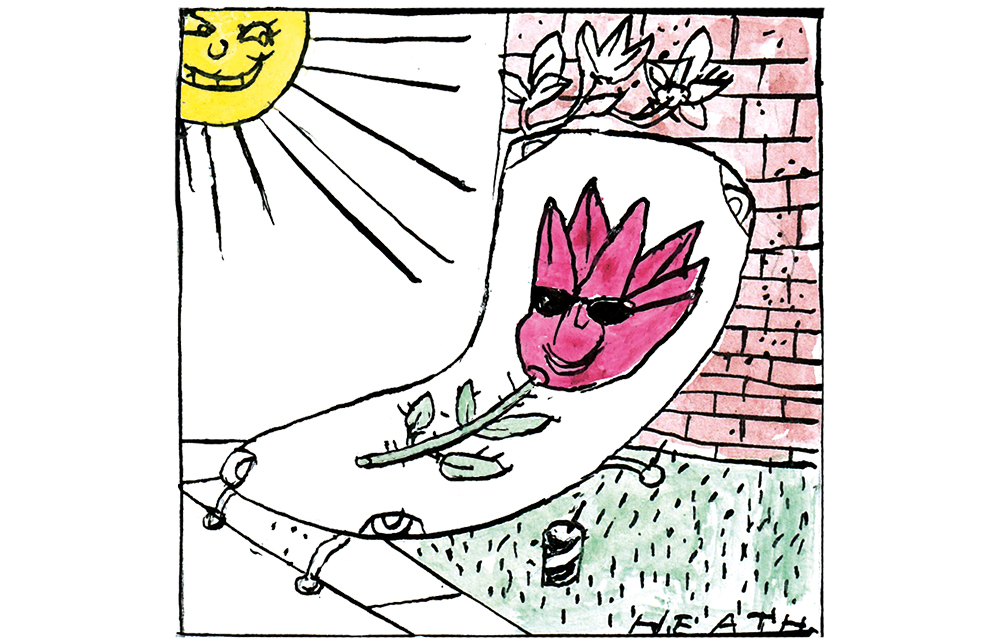Last week’s news that a mature magnolia tree had been felled in a suburb of Poole, Dorset, because wood decay made it a threat to nearby houses, will have touched the hearts of gardeners everywhere. For, in the words of the plant collector E.H. Wilson, after whom Magnolia wilsonii is named, magnolias are ‘aristocrats of the garden’. This is scarcely hyperbole, since magnolias can trace their lineage back to the Pliocene epoch, and are famous for their noble stature, and beautiful, showy and often highly scented flowers. Although owners of large woodland gardens in Cornwall or Argyll may cavil at the newspaper description of this felled giant as ‘Britain’s tallest magnolia tree’, at 60 feet tall it looks in the photograph (taken last spring) to be a magnificent specimen, with a mass of deep pink flowers on naked stems. No journal of record was prepared to hazard a name, but I think it might have been a Magnolia campbellii, which can grow to that height and has enormous flowers, capable (the newspaper said) of filling five wheelie bins with its fallen petals.
Magnolias are beloved of visitors to large public gardens early in the season, because of their distinctive character and astonishing flower power. Many bloom in late February or March before the large oval leaves appear, which is why the flowers make such an impact. That said, one of the best-known is the evergreen Magnolia grandiflora, which has very large, waxy, leaves and sparse, pale cream flowers that smell strongly of lemon meringue pie. Since it is as sensitive as an elderly aunt to a cold draught, it is usually to be found growing against a tall sunny wall.
The grandeur of most magnolia species is only matched by a fastidiousness that requires them to be grown in a deep, well-drained but moist, neutral or acid soil, with shelter from winds and late frosts.








Comments
Join the debate for just £1 a month
Be part of the conversation with other Spectator readers by getting your first three months for £3.
UNLOCK ACCESS Just £1 a monthAlready a subscriber? Log in